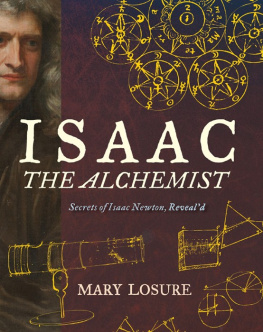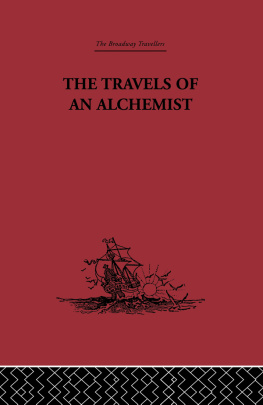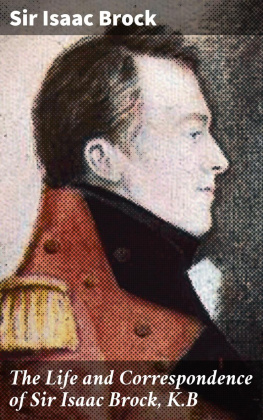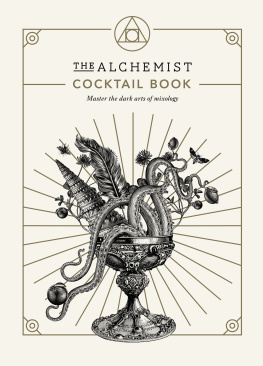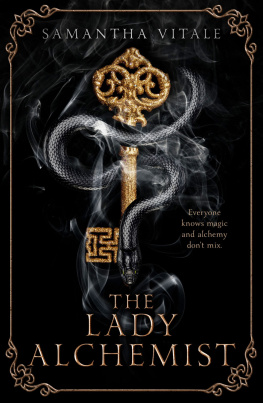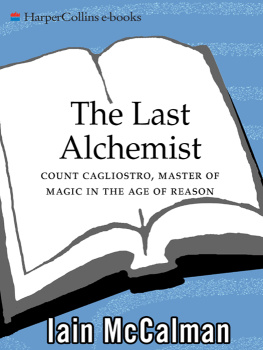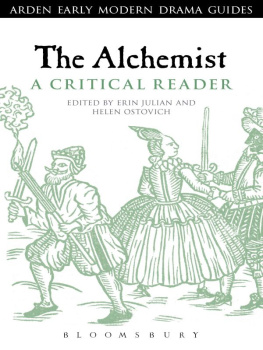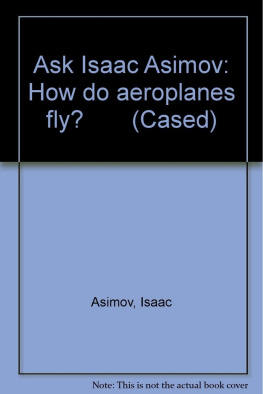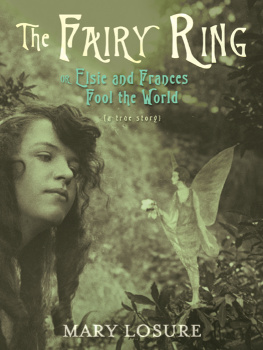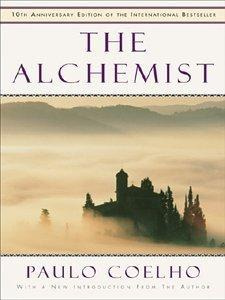Losure - Isaac the Alchemist
Here you can read online Losure - Isaac the Alchemist full text of the book (entire story) in english for free. Download pdf and epub, get meaning, cover and reviews about this ebook. year: 2017, publisher: Candlewick Press, genre: Non-fiction. Description of the work, (preface) as well as reviews are available. Best literature library LitArk.com created for fans of good reading and offers a wide selection of genres:
Romance novel
Science fiction
Adventure
Detective
Science
History
Home and family
Prose
Art
Politics
Computer
Non-fiction
Religion
Business
Children
Humor
Choose a favorite category and find really read worthwhile books. Enjoy immersion in the world of imagination, feel the emotions of the characters or learn something new for yourself, make an fascinating discovery.
- Book:Isaac the Alchemist
- Author:
- Publisher:Candlewick Press
- Genre:
- Year:2017
- Rating:4 / 5
- Favourites:Add to favourites
- Your mark:
- 80
- 1
- 2
- 3
- 4
- 5
Isaac the Alchemist: summary, description and annotation
We offer to read an annotation, description, summary or preface (depends on what the author of the book "Isaac the Alchemist" wrote himself). If you haven't found the necessary information about the book — write in the comments, we will try to find it.
Isaac the Alchemist — read online for free the complete book (whole text) full work
Below is the text of the book, divided by pages. System saving the place of the last page read, allows you to conveniently read the book "Isaac the Alchemist" online for free, without having to search again every time where you left off. Put a bookmark, and you can go to the page where you finished reading at any time.
Font size:
Interval:
Bookmark:


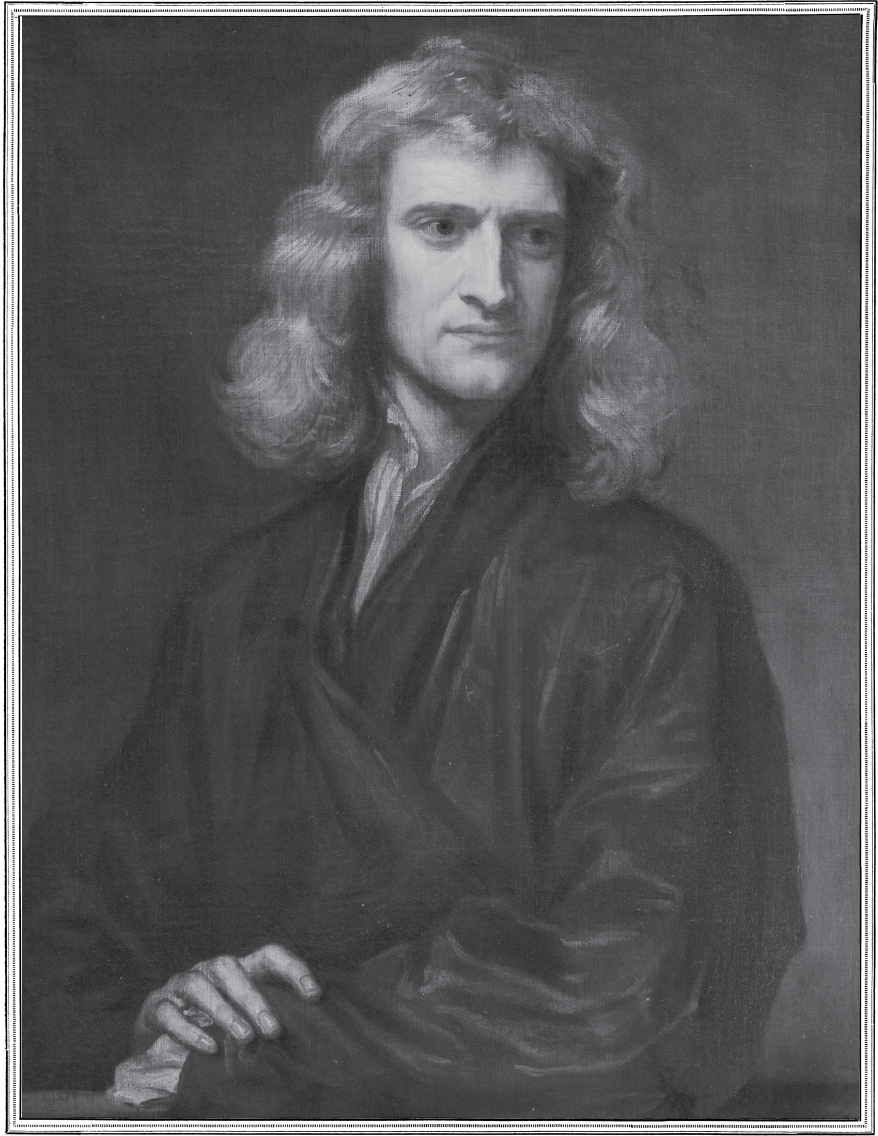
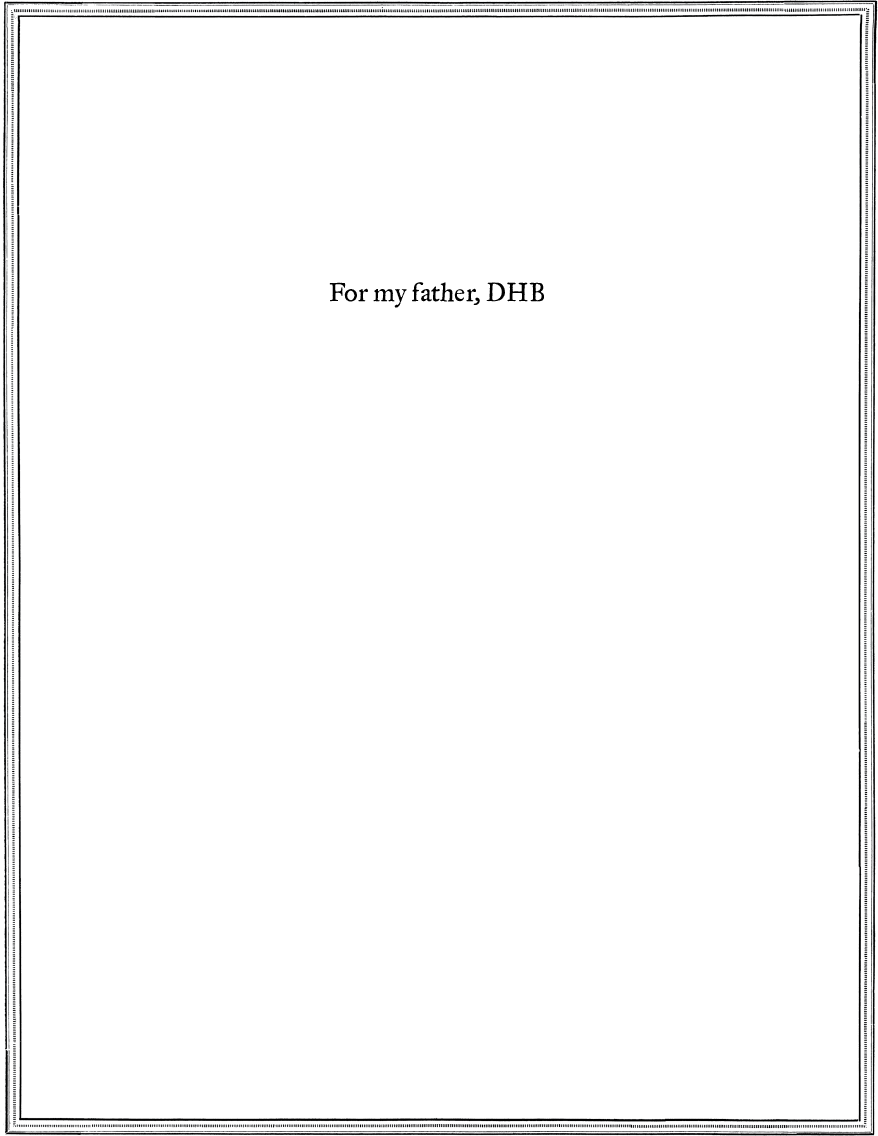
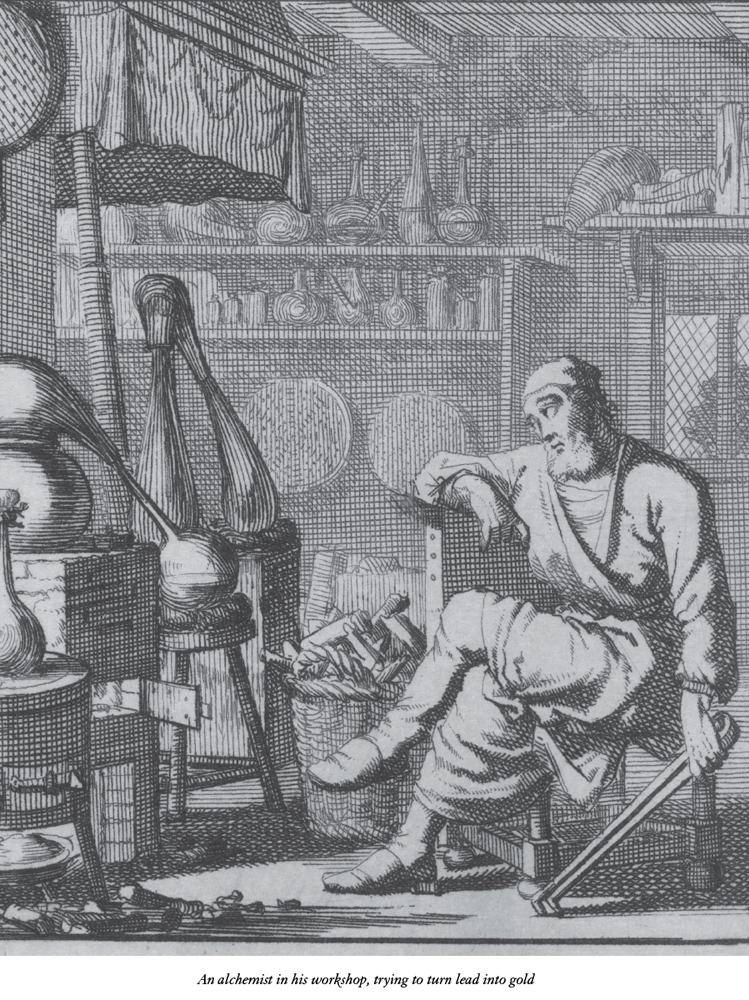
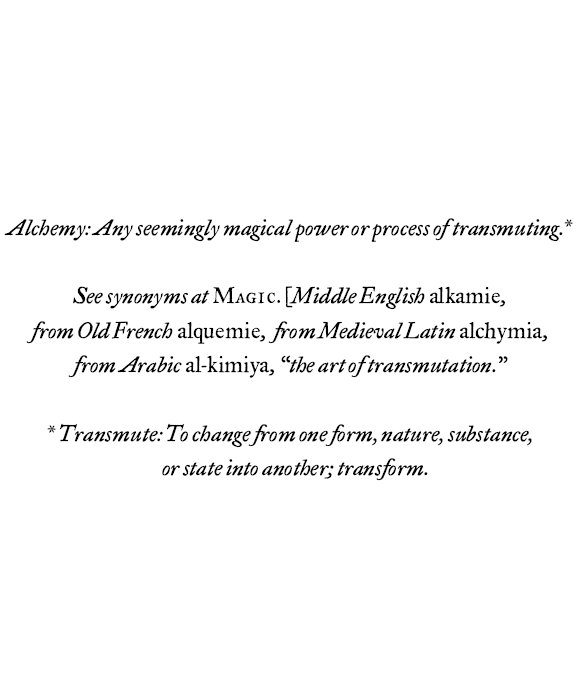

In a museum in New York City, locked away where the public never goes, theres a notebook small enough to hold in the palm of your hand. Its pages are yellowed and stained with time, but the writing has not faded.
The boy who owned it was small for his age. He had pale red-gold hair and blue eyes that bulged slightly. His name was Isaac.
A secret for travellers, he wrote in his notebook, [a] miraculus stone. So perhaps he knew even then about the philosophers stone, which was said to turn ordinary metal into shining gold. The magician-scientists known as alchemists were searching for it.
If they could discover the philosophers stone, the alchemists thought, not only could they change lead into gold. They could also make an elixir that would cure any disease. They could live forever.
Someday, though he didnt know it yet, Isaac would begin searching for the magic hidden in old and musty books of alchemy. He would stand over cauldrons, adding secret ingredients and watching as poisonous vapors rose and swirled.
He would become the worlds greatest alchemist.
He would also (by following his own odd and lonely path) become one of the greatest scientists who ever lived.
His discoveries about light and how objects move through space would unlock the mysteries of the universe, and the name Isaac Newton would be famous forever. Far in the future, scientists would use Isaacs laws of motion which are the foundation of the science we now call physics to send rockets to the moon and beyond.
But for now, he was only a boy living at a time when no one knew where magic ended and science began. He dipped his quill pen in an inkpot and wrote in his notebook, thinking hard.


W hen the last candle had been snuffed and every house in Grantham was dark, the night watchman made his rounds. His lantern shone on crooked alleyways and narrow stone houses and timbered taverns held together with wooden pegs. On High Street, his light glinted on the windows of an apothecarys shop.
In the rooms above the shop, the apothecary and his family were sleeping. High in the attic, a boy named Isaac was sleeping, too. He was twelve years old and lived as a boarder in the apothecarys house.
Deep in the cellar, the apothecarys workshop was dark and silent, but Isaac could go there whenever he wanted. If you liked mysteries (and Isaac did), it was a fine thing to live right above an apothecarys workshop.
Apothecaries in those days made their own medicines, often from secret recipes. They made potions and elixirs, grinding herbs in their brass pestles and adding witchy-sounding ingredients such as dried toads or dew collected first thing on a May morning. In an apothecarys workshop, you could see furnaces where cauldrons steamed and bubbled. Sometimes the liquid in them changed color or exploded with a cloud of smoke.
It was like magic.
It was also very much like alchemy.
As he slept that night in the apothecarys house, Isaac was not yet an alchemist and would not be for many years. But already, the seeds of magic had been planted in his mind.

Isaac was a quiet boy, born on Christmas Day in the year 1642. Hed been a tiny baby, so small that no one expected him to live. Hed taken his first breath under a round moon a little past midnight in the upstairs bedroom of an old, rather run-down farmhouse.

The house had a grand name, Woolsthorpe Manor, but none of the castle-like splendor the word manor calls to mind. Mice scurried down the halls and wooden staircases and across the cold stone floors.
His life began in loneliness. Isaacs father had died that fall, before Isaac was born. So he never knew his father, and his mother didnt seem to love him very much.
When Isaac was three, she married an old, rich minister named Barnabas Smith. Their marriage agreement stated that Isaac could not live with them Barnabas Smith had no use for a tiny stepson. So Isaacs mother moved away, leaving Isaac behind.

bent over iron pots that hung from hooks in the fireplace, cooking meals for the farmworkers. She looked after chickens and geese and collected eggs; she milked cows and made butter and cheese in the farmhouse cellar. So it is no wonder that Isaacs grandmother, like his mother, seems to have had little time for Isaac.
All his life, Isaac would search for the answers to questions, but there in the farmhouse, he was faced with a mystery no three-year-old could solve if his mother really loved him, why did she leave him behind?
Far in the future, a childs drawings would be found scratched in the farmhouses soft stone walls: a windmill, a church, a figure with a spurred boot. It was clear the child who drew them was bright and imaginative. The pictures had been hidden by layers of plaster for many years. The people who found them wondered if the drawings had been made by Isaac. It was easy to imagine him scratching away, unnoticed by anybody in the busy household.

The windmill in particular seemed like the kind of drawing Isaac would make, for windmills were among the many things that he observed with great interest.
When Isaac was old enough, he walked to a village school, held in someones cottage, where children were taught to read and write but nothing more.
At home, upstairs in his room at the farmhouse, he watched sunlight. He noticed how shadows shifted across the whitewashed walls as the sun moved. He stretched pieces of string from wooden pegs to mark how, hour by hour, the angle of the shadows changed.
He began making sundials of many different kinds. People called them Isaacs dials, and after a while they noticed them all over the farmhouse, wherever the sun shone in.
Already, his mind seemed different from other peoples minds.
Isaacs mother and Barnabas Smith had three young children: Mary, Benjamin, and Hannah. Their home, Barnabas Smiths parsonage, was only a short walk from the farmhouse. But Isaac couldnt come live with them because Barnabas Smith would not allow it.
Font size:
Interval:
Bookmark:
Similar books «Isaac the Alchemist»
Look at similar books to Isaac the Alchemist. We have selected literature similar in name and meaning in the hope of providing readers with more options to find new, interesting, not yet read works.
Discussion, reviews of the book Isaac the Alchemist and just readers' own opinions. Leave your comments, write what you think about the work, its meaning or the main characters. Specify what exactly you liked and what you didn't like, and why you think so.

